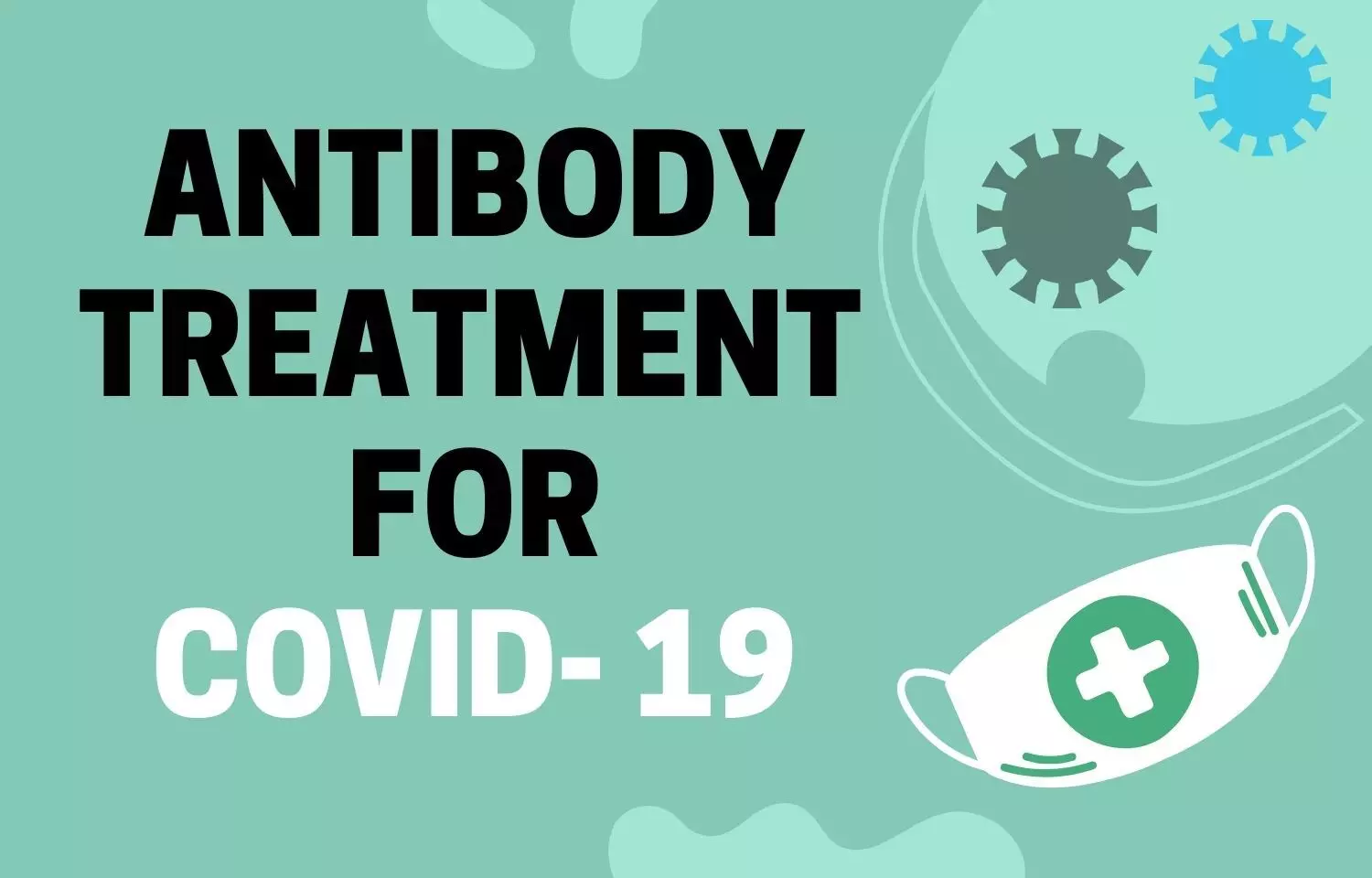Casirivimab-Imdevimab Treatment in Mild to Moderate COVID-19: A Real-World Evidence

Casirivimab and Imdevimab are two non-competing, high-affinity human IgG1 anti-SARS- CoV-2 monoclonal antibodies that bind non-competitively to the COVID-19 virus-cell surface and prevents the virus from infecting healthy cells. Casirivimab-imdevimab is an anti- spike monoclonal antibody that has been authorized for use, Emergency Use Authorization by US FDA on November 21, 2020, and in India for restricted use in an emergency situation by DCGI on 03 May 2021. The current retrospective real-world cohort study aimed to assess the outcomes of casirivimab-imdevimab treatment in mild to moderate COVID-19 patients.
Study Design
• Study included 1392 high-risk patients (Casirivimab Imdevimab cohorts, n = 696 and control cohorts, n = 69ó) with mild to moderate COVID- 19.
Inclusion Criteria
Patients of age ≥ 18 years with symptoms of mild to moderate COVID-19 (e.g., cough, sore throat, headache, body aches, fever, and constitutional symptoms), were within 10 days of symptom onset, and had at least one of the following criteria:
- Age ≥ 65 years, Body mass index (BMI) is ≥ 35
- Diabetes mellitus, CKD, immunosuppressive medication use, or an immunocompromising condition.
- Patients ≥ 55 years qualified if they had hypertension, cardiovascular disease, or chronic lung disease.
Dosing
All patients received a one-hour infusion of casirivimab (1200-mg dose) and imdevimab (1200-mg dose). Antiviral drugs or immunomodulatory treatments (remdesivir or corticosteroid) were not provided to patients.
Outcome
Clinical outcomes assessed at days l4, 21, and 28 after enrollment were hospitalization rates (primary), ICU admission, and death (secondary).
Results
The median age of the antibody-treated cohort was 63 years (interquartile range, 52-71);45.5% ≥ 65 years old: 51.4% were female.
- High-risk characteristics were hypertension (52.4%), body mass index ≥ 35 (31.0%), diabetes mellitus (24.6%), chronic lung disease (22.1%), chronic renal disease (11.4%), congestive heart failure(6.6%), and compromised immune function (6.7%).
All-cause hospitalization
• All-cause hospitalization rates were significantly lower in the casirivimab-imdevimab group than the propensity-matched cohort:
• At day 14(1.3%vs 3.3%:Absolute Difference: 2.0%: 95% CI:0.50-3.7%)
• At day 21(1.3% vs 4.2%: Absolute Difference: 2.9%: 95% CI: 1.2% - 4.7%)
• At day 28 ( 1.6% vs 4.8%: Absolute Difference: 3.2%: 95% CI:1.4-5.1%)
• Patients who were treated with casirivimab - imdevimab had significantly more hospitalization-free days.
Intensive care unit admissions and all-cause mortality
• All-cause ICU admission rates were similarly low and were not significantly different between the casirivimab-imdevimab-treated and the untreated cohorts
• Five patients died from any cause (among which only one patient received casirivimab-imdevimab).
Adverse events
- Adverse events were reported in seven patients [fever (n=4), shortness of breath (n=2), nausea(n=2), chest pain, headache, or flushing (n=1)].
- No patient had anaphylaxis. All adverse events were mild (NCI Grade 1) and did not require hospitalization.
Among high-risk patients with mild to moderate COVID-19, casirivimab-imdevimab treatment was associated with a significantly lower rate of hospitalization with uncommon and mild adverse events.
Clinical Implication
The clinical outcomes in this study complement the virologic outcomes data in the randomized controlled trial and collectively provide data to support the use of casirivimab-imdevimab as early treatment of high-risk patients with mild to moderate COVID-19.
Reference:
"Razonable RR, Pawlowski C, O'Horo JC, et al. Casirivimab-lmdevimab treatment is associated with reduced rates of hospitalization among high-risk patients with mild to moderate coronavirus disease-19. EClinicalMedicine. 2021Aug 30:101102. doi: 10.101ó/j.eclinm.2021.101102. Epub ahead of print.
